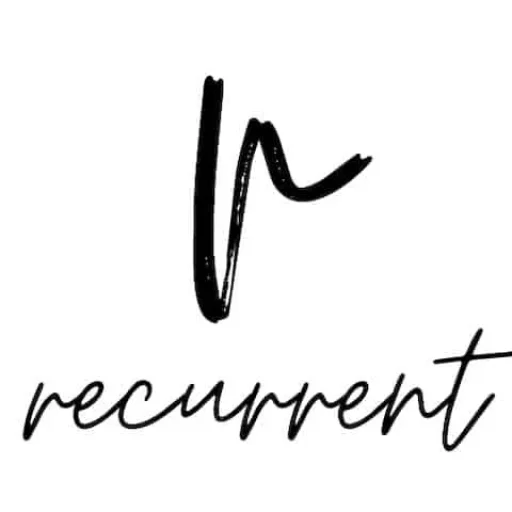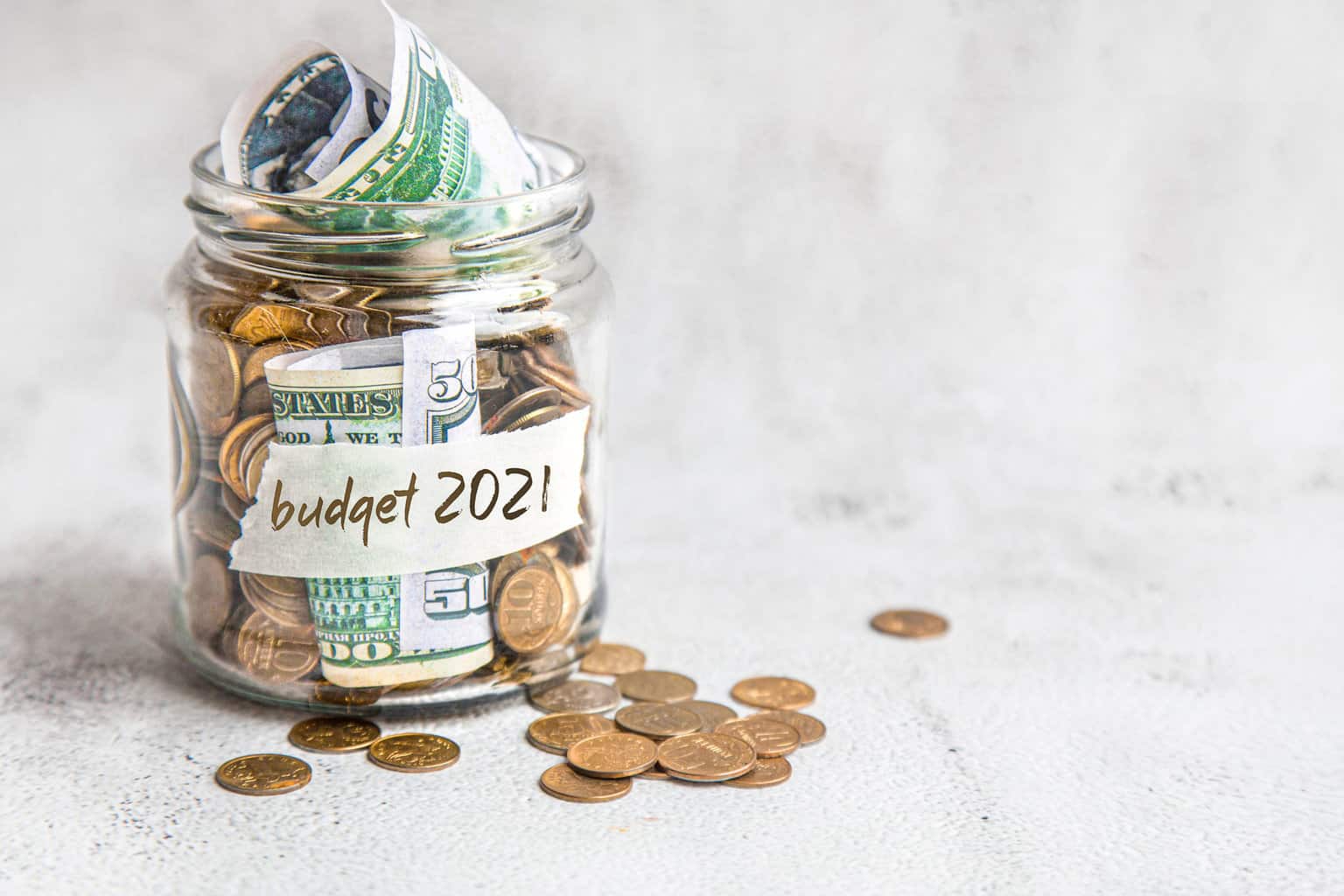To my knowledge, geneticists haven’t found the budgeting gene in our DNA. When I first started doing a budget I found it incredibly difficult and thought that people doing budgets must have been born to do this type of stuff!
Thankfully, through continued persistence and a dogged determination to try and get better at forecasting my financial future I was able to get to a point where I no longer wrestled with my budget.
Budgeting is a skill that can be learned and honed with a little effort, time and continued refinement. All you need is a way to measure your budgeting performance by comparing how you did with what you thought you were going to do, making the necessary adjustments for the next budget, and you’ll soon be on the path of mastery with your budgeting skills.
How To Start Budgeting
There are many ways to get started budgeting, but the best way for you is to just learn some basics and give it a try. Everyone will have their own little nuances, or things they want to monitor or do differently with their budget, and that’s okay – nobody knows you better than you.
If you want to get started and get your hands dirty by diving head first into a budget spreadsheet, you might want to head over to an introductory lesson I created where you can create a simple budget on a free Google spreadsheet.
Is Budgeting A Technical Skill?
As a spreadsheet is the common tool of choice for doing a budget, does this mean that budgeting is a technical skill? Good question.
As budgeting involves money, which is numbers with dollar, pounds and cents for signs it can be seen as technical and therefore the fear most people have is that you need to be good at mathematics.
But the only maths used is addition. If you can add numbers, then you’ve got all the technical ability you need.
Even if you can’t add numbers, you could use a spreadsheet to enter all the data you know, and then have the spreadsheet perform all the mathematical operations!
What Skills Are Needed For Budgeting?
At a bare minimum, to actually create a budget so that you can be budgeting , you will need somewhere to write what you think will be coming in and what will be going out in the future. This information could be on a piece of paper, or, my preference, on a spreadsheet.
If you want to write things down, then you may need a calculator handy to be able to add things up effectively, otherwise if you have a spreadsheet and are comfortable navigating around a sheet then you have the bare essentials to get started.
Once you’ve cast a budget, the next set of budgeting skills needed is being able to manage your budget. This would mean being able to track the performance of your spending categories to what you thought you’d be spending for the budget period, and being resilient to sticking to your budget.
How To Improve & Develop Your Budgeting Skills?
As budgeting doesn’t require too much to get started, you’ll find when you get going you’ll quickly pick up speed on how to do it effectively.
The trick is to monitor your progress in the budget period, to reflect at the end of the budget period, and to refine based on what you’ve discovered could be better improved for the next budget cycle.
As you continue to reflect and look forward, there will be things you’ll catch that you hadn’t thought of (such as annual and multi-year expenses) and there will be things you’ll improve on as you apply better techniques to forecast your expenses (such as seasonal expenses ).
The secret is to open your eyes and look. Spend the time in reflecting back on your performance, athletes do it all the time with their activity, do the same with your finances!
Why Are Budgeting Skills Important?
Budgeting is a crucial life skill, as it helps you to maintain your possessions without fear of having them taken or destroyed (and not replaced). Without proper money management skills, life becomes a rollercoaster ride, and it is difficult to maintain stability when there’s too much uncertainty.
By developing the skill of budgeting, it helps to build a sense of self-control over yourself. You are more focussed on things that life throws your way, and you have the strategies in place for how to react to the unexpected things that come in life.
Being more in control means you spend less time fighting with your spouse, and I know this firsthand with my own upbringing seeing my parents, who I love dearly, both bicker and fight when money got tight.
My father did the best for what he was earning, and my mum tried her best in making the home a wonderful place for our kids growing up.
Being a parent myself now has shown the level of responsibility I need to make sure my kids are fostered in a loving home, and have the capacity to experience life without money being a hindrance.
Budgeting has helped me to be a better father and husband, and has translated into my work as I manage my own company budget and monitor how things are going with expenditure. Any employer employing someone who has budgeting skills would be an excellent asset to their team, as they’ve shown to be responsible with money.
So from my own perspective, budgeting is a key life skill to have, that shows good strong management skills as you responsibly manage your resources, and react with strategies should challenges come.
Summary
Nobody is born to budget, but some have a disposition to manage numbers better than others. Whether you were someone like me who didn’t like to budget, and found themselves terrible at doing it when starting out, all I can encourage you with is to persist and keep going.
I have found budgeting to be a crucial life skill which I wish many others had learned at school, or have developed in adulthood, as it fosters more than a good healthy bank balance at the end of the day.

